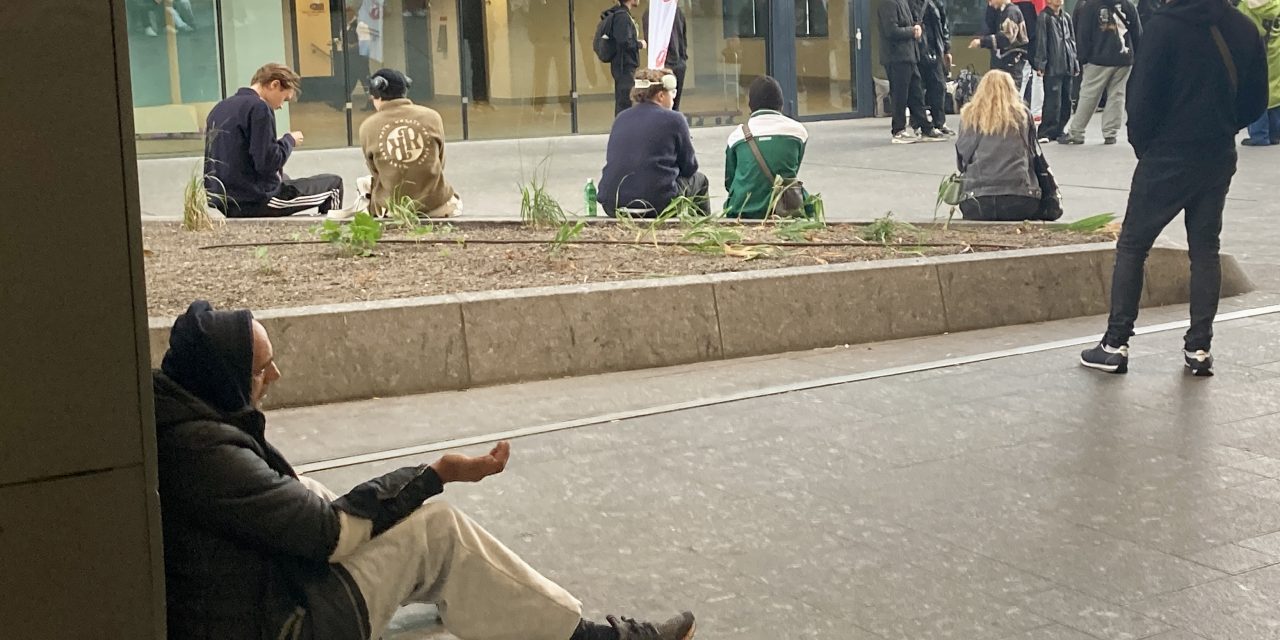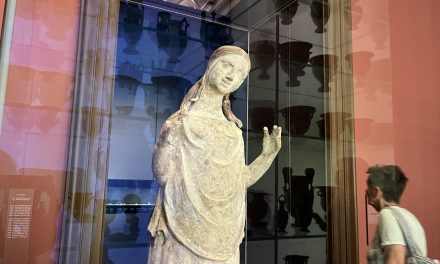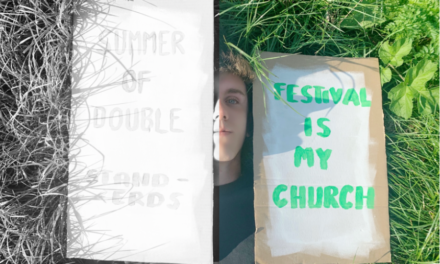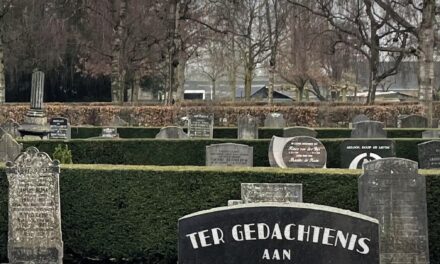895,000 people. Almost the capacity of the world’s largest soccer stadium, but eight times. That is the estimated number of people living on the street in 2022 in Europe, according to a new report.
Recently, the European Federation of National Organisations Working with the Homeless (FEANTSA), together with the Abbé Pierre Foundation, has published a new study on the housing problem in Europe. A problem that, moreover, is on the rise. This is the eighth report that the federation has produced, and as the years go by, homelessness and exclusion are on the rise in most countries. According to the report, only Finland and Denmark are making demonstrable improvements in reducing homelessness.
In 2021, the European Union created the European Platform to Combat Homelessness, with the aim of ending homelessness by 2030. Through this platform, the Union aims to finance inclusive measures to combat homelessness.
Although policies are being implemented, the reality is that thousands of people have to sleep on the streets night after night. With the arrival of cold weather, the problem becomes more severe. According to the new report, in Spain 28,500 people have to sleep on the streets. Aware of this, many citizens are part of NGOs and foundations dedicated to helping these people. Paris 365 is one of them.
Located in Pamplona, northern Spain, Paris 365 is a foundation run by volunteers dedicated to providing basic food aid to the people who need it most. Jose Antonio Villanueva, professor of Social Work at the Public University of Navarra, has been collaborating with the Paris 365 foundation for eleven years, and is currently the president.
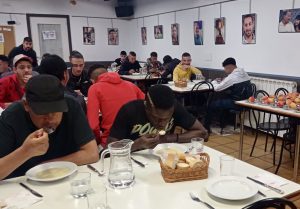
Paris 365 social lunchroom. Image by Conchi Marin
“We are providing 60 breakfasts, lunches and dinners. We have really reached the limit of our possibilities,” tells Villanueva. Precisely because of the increase of people in this situation, the association cannot serve all the people who need it. Many people are on a waiting list. The greatest difficulty the foundation faces today is how to obtain resources, both financially and in donated food.
“We are not able to do another shift of the dining room, because, although we receive donated food, we also have to buy it, and prices have risen a lot”. He complains, for example, about the rising price of oil: “It’s hard to find donations of olive oil right now”.
Inflation and the war in Ukraine, among other factors, have all contributed to the worsening situation. Despite this, the president of Paris 365 argues that we cannot only look outwards, and believes that it is a problem of maldistribution of wealth. “We have legislation regarding migrants that condemns them in many cases to exclusion. They are not given work permits and are unable to work”. He denounces the difficulties they face in registering, in accessing aids and in obtaining housing. “It is a multi-causal issue; there are many reasons why these people do not have their needs covered”.
In addition to the dining room, the association has a service called hot soup. When the cold weather starts, they go with a van to the places where there are people living on the street. They offer them hot soup to warm them up, and give them sleeping bags, blankets or warm clothes, depending on what they need. “There are people in very complicated situations, and they are not being offered any alternative. We, from different collectives, are covering some of their needs, but the main one, which is housing, remains unmet.” Villanueva believes that the public administrations are not doing enough to solve the problem, and asks that measures be taken to improve the situation of these people.
